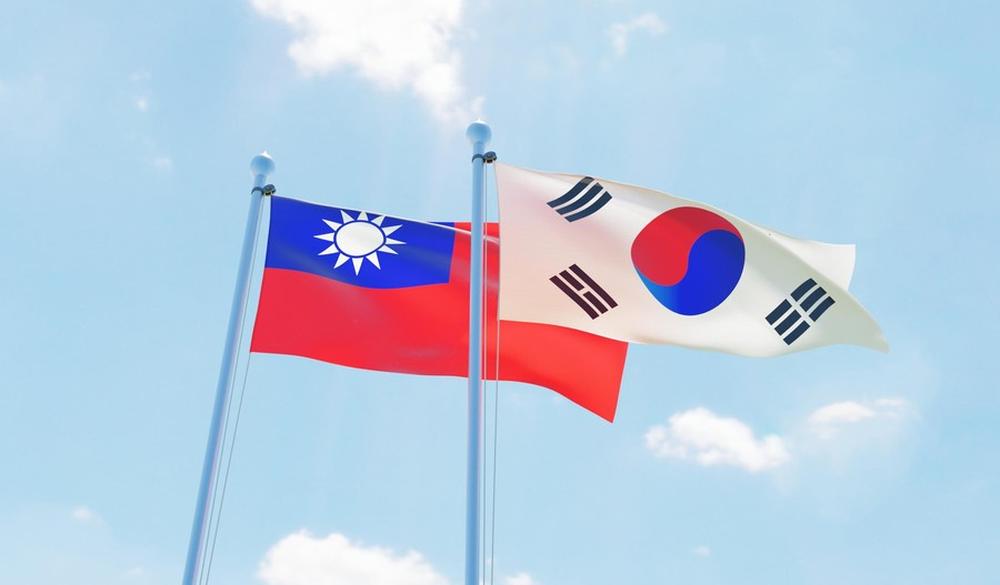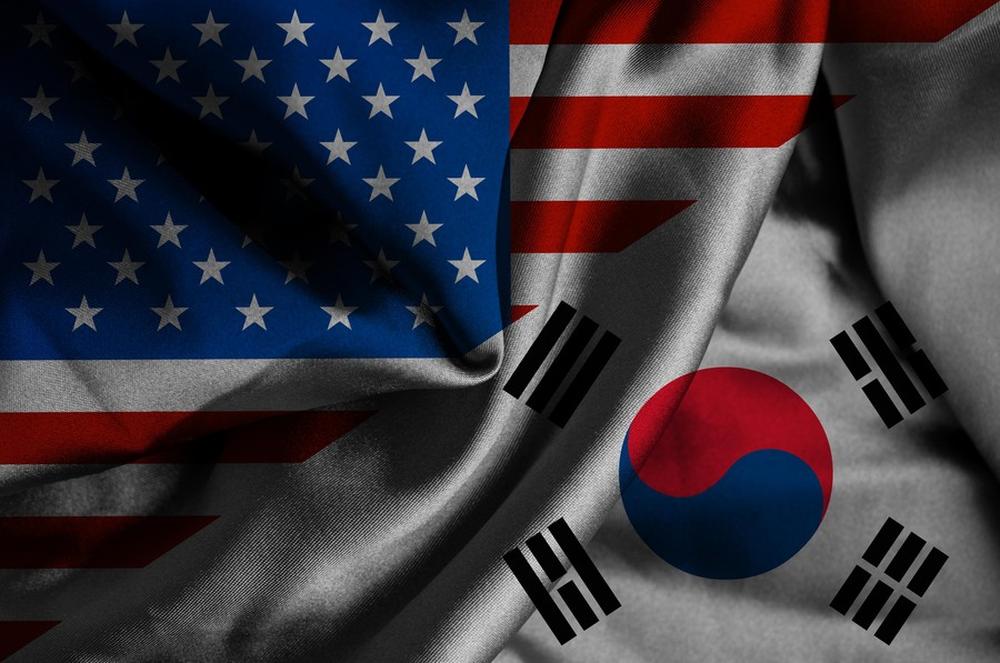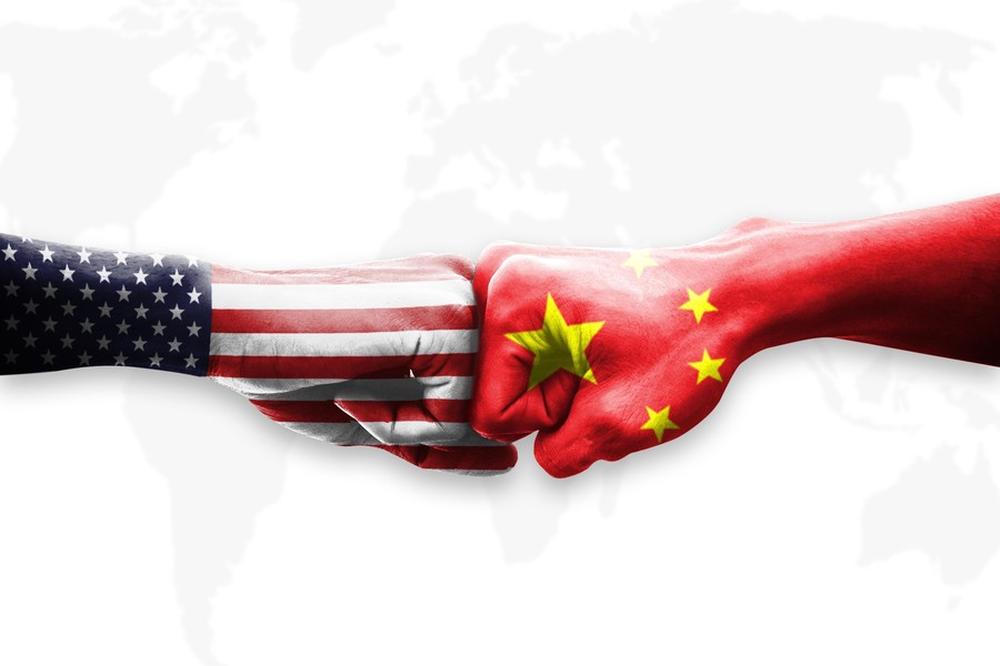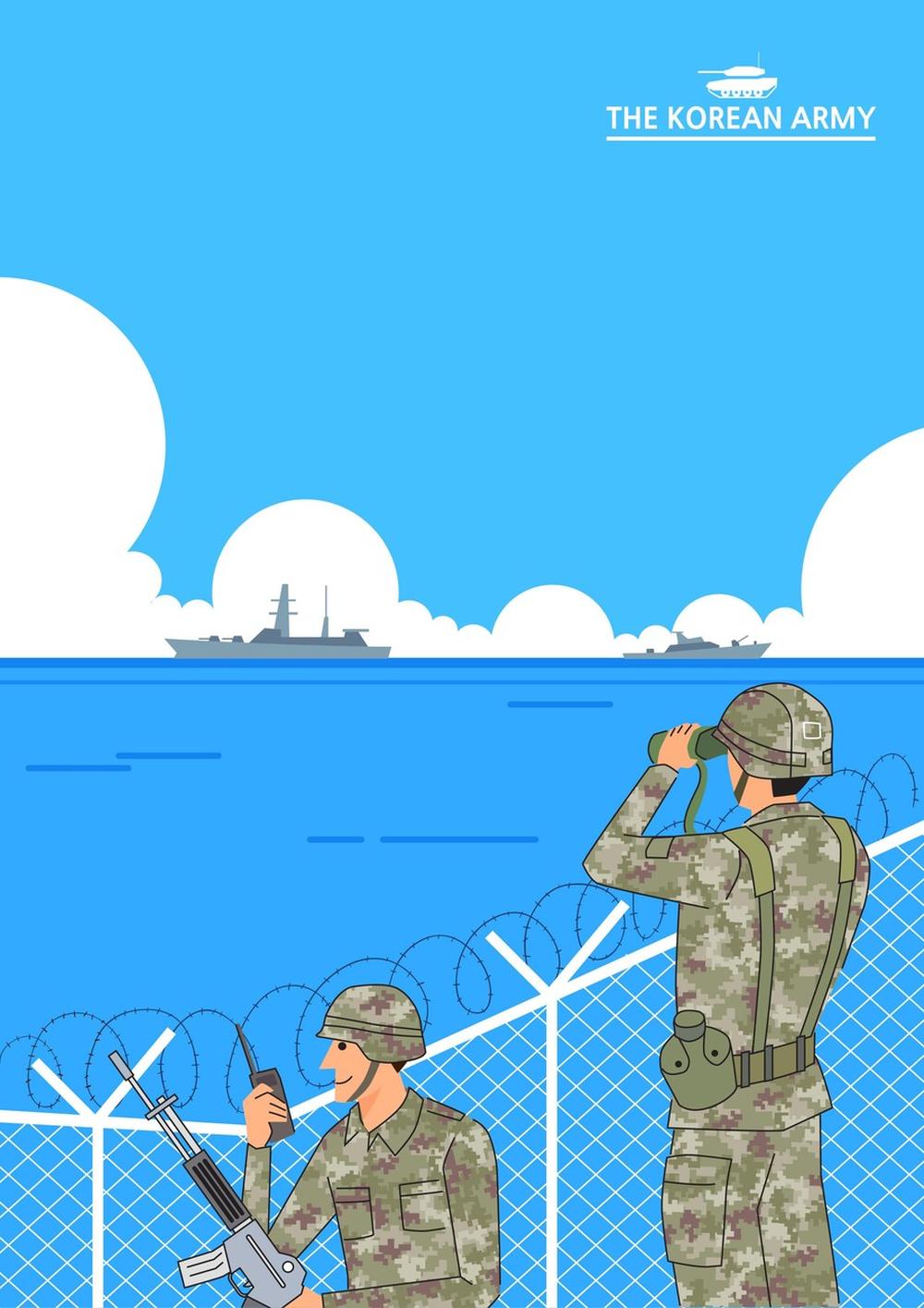- #China-US Competition
- #Security & Defense
- #South Korea
- #US Foreign Policy

► It is important not to allow alarmist perceptions of US-China rivalry to overshadow complex historical ties and paradoxical situations that have been managed in the best way possible for decades.
► Rather, it might be useful to step back and examine the concerns of and security implications for US allies in the region such as South Korea.
► Taiwan could become an issue for ROK-US relations if China ramps up pressure on Washington and Seoul not to toughen their support of Taiwan.
► Should China exert pressure on Japan to appease its efforts to support Taiwan, it may begin to factor into ROK-Japan relations as well.
Recent media attention has focused on the unprecedented scale of Chinese air incursions aimed at intimidating Taiwan, leading to inquiries about the readiness and willingness of the US to respond should a crisis occur in the Taiwan Strait. Against the backdrop of intensifying strategic competition between the US and China, particularly with the Biden administration strengthening its ideological campaign to buttress democratic values and norms, the possibility of confrontation along key fault lines is on the rise.[1] Members of the Congress and newspaper editorials have questioned whether strategic ambiguity is sufficient to deter China from further ventures including forceful reunification.[2] While these discussions are worthy, they tend to simplify US policy options into two extremes: going all in or abandoning Taiwan. It is important not to allow alarmist perceptions of US-China rivalry to overshadow complex historical ties and paradoxical situations that have been managed in the best way possible for decades.
Rather, it might be useful to step back and examine the concerns of and security implications for US allies in the region such as South Korea. Central to the emerging Biden doctrine is shoring up democratic allies in support of its foreign policy agenda, which prioritizes countering China’s regional dominance and hegemonic rise but also pledges to protect vibrant democracies such as Taiwan and maintain peace and stability in the Taiwan Strait. In recent months, Japan, Australia, South Korea and European allies have acknowledged their support for Taiwan’s security.[3] Nevertheless, allies are wary that the US may ask for more substantial support as China’s provocations continue to toe Taiwan’s red line. Taiwan could become an issue for ROK-US relations if China ramps up pressure on Washington and Seoul not to toughen their support of Taiwan. Should China exert pressure on Japan to appease its efforts to support Taiwan, it may begin to factor into ROK-Japan relations as well.
Concerns for the ROK
The first major concern for the ROK is the bluntness of the US course correction vis a vis China rather than the direction itself. As the Biden administration has made clear that its pivot to Asia is equivalent to a pivot to China, it is worrisome that crisis management efforts between the two powers have waned exactly when it is most needed.[4] Understandably, tensions between the US and China should fluctuate as both sides continue to make strategic and tactical adjustments. However, both parties need to understand that the fate of a great number of states are collectively at stake and maximize precaution.
Second, some experts warn that China’s aggression against Taiwan could take place more abruptly and more overwhelmingly than forecasted as the perceived “window of opportunity” is closing. That is, since the US is bolstering its alliance network to balance against China’s regional hegemonic maneuvers, China may conclude that using force to reunify Taiwan today would be less costly than attempting it tomorrow.[5] They argue that Taiwan’s determination to push back against grey zone tactics may incentivize China to launch a full-scale attack to establish dominance over Taiwan as a fait accompli. This reaches beyond warnings that China’s grey zone tactics can incur a fatal response from Taiwan.[6] Anticipating China’s response with such urgency is not only risky but also eliminates a wide range of alternative possibilities. Various middle path ideas to build resilience in Taiwan’s military capabilities without provoking China have yet to be explored.[7] Moreover, this narrowing window narrative needs to be validated against China’s deliberate (albeit imperfect) efforts to become a world leader that champions “inclusive multilateralism based on mutual respect and equality” while hastening the realization of the “Chinese dream” by tackling domestic woes head on.[8]
Third, while it is important to make US intervention on behalf of Taiwan credible, it is necessary to make clear that the goal is to preserve the status quo of peace and stability in the Taiwan Strait and drive tensions down. With due respect towards Taiwan’s resilient democracy, its achievement of independence does not rapport with US national interest. Of late, it is reassuring to hear voices of moderation and recognition of practical boundaries from Washington.[9]
Security Implications
The following are some security implications for the ROK. First, China’s expanding military ventures into Taiwan’s ADIZ mirror similar incursions of Chinese aircraft into the KADIZ, now often accompanied by Russian aircraft in “joint patrol.” As China is poised to normalize these incursions to expand its sphere of influence, the US needs to upgrade and standardize its response with its allies. It also needs to encourage closer communication between China and Taiwan. In March 2021, Seoul and Beijing agreed to establish two additional military hotlines that connect the ROK and Chinese navy and air force.[10]
Second, the US and its allies need to be realistic about how they will bolster peace and stability of the Taiwan Strait. Considering ROK’s immediate priorities to stabilize the Korean peninsula and to persuade China to rein in on North Korea’s nuclear ambitions, any decision to offer security assistance should be based on a hard analysis of China’s historical ties with Taiwan as much as the global aspirations of the ROK-US alliance.
Third, while South Koreans understand that their treaty alliance is different from the relationship between the US and Taiwan, they are wary about how the US will respond to a crisis in the Taiwan Strait with the North Korean threat in mind. An insufficient response from the US may embolden North Korea in various ways. Since China is sure to use economic coercion to change Taiwan’s undesirable behavior, a comparison will be made with the South Korean experience after deploying the THAAD. A recent survey found that US foreign policy experts have varying perceptions about what an ally refers to and what responsibilities that entail.[11] While the Biden administration reiterates its resolve to work with allies, managing relations among its broad range of allies will be as important as bolstering traditional alliances.
Fourth, as US troops withdrew from Afghanistan, Taiwan defense officials opted to emphasize strengthening their military capabilities rather than to confirm their belief in US assistance. Likewise, Taiwanese experts have called for early warning systems and logistics support rather than greater US commitment to intervention.[12] This reflects a growing appetite among allies to build a more resilient national defense force in recognition of US restraint and retrenchment. The ROK has increased defense spending and grown its conventional military capabilities to deter the nuclear and ballistic ambitions of North Korea, which could offer some guidance for Taiwan. At the same time, we need to be cognizant about the heightened prospects of a regional arms race and its destabilizing features.
In sum, the realities buttressing the historical relationship between China and Taiwan should moderate alarmist narratives and prevent stakeholders from miscalculating and acting in ways that would undermine peace and security in the region. The US and its allies should remain vigilant and engage in extensive dialogue to prepare for more uncertainty ahead.
[1] Gideon Rachman. “The moment of truth over Taiwan is getting closer.” The Financial Times. 2021. 10. 11.
[2] Elain Luria. “Congress must untie Biden’s hands on Taiwan,” The Washington Post. 2021. 10. 11; “How the U.S. government can deter China’s threat in Taiwan.” The Washington Post. 2021. 10. 12.
[3] The White House. “US- Japan Joint Leaders’ Statement.” 2021. 4. 16; The White House. “US-ROK Leaders’ Joint Statement.” 2021. 5. 21; Department of State. “Joint Statement on Australia-US Ministerial Consultations (AUSMIN) 2021.” 2021. 9. 16; The White House. Carbis Bay G7 Summit Communique. 2021. 6. 13.
[4] Chris Li and Eric Rosenbach. “Can the U.S. and Chinese Militaries Get Back on Speaking Terms?” Foreign Affairs. 2021 10. 15.
[5] Comments from Elbridge Colby during the virtual event, “The Evolving Military Balance in the Taiwan Strait,” Council on Foreign Relations. 2021. 10. 7.
[6] Bonny Lin and David Sacks, “How to Prevent an Accidental War Over Taiwan,” Foreign Affairs. 2021. 10. 12.
[7] Patrick Porter and Michael Mazarr. “Countering China’s Adventurism over Taiwan: A Third Way.” The Lowy Institute. 2021 5. 20.
[8] Wang Cong. “Xi champions multilateralism at Davos, takes aim at US policies.” Global Times. 2021. 1. 25.
[9] Richard Haass. “The Taiwan Triangle.” Project Syndicate. 2021. 10. 18.
[10] “New China-Korea Military Hotlines.” KEI. 2021. 3. 10.
[11] Sibel Oktay, Paul Poast, Dina Smeltz and Craig Kafura. “Treaty Allies Matter for US Foreign Policy Experts - but They Are Not Indispensable.” The Chicago Council of Global Affairs. 2021. 8.
[12] Comments from Lee Hsi-min during the virtual event, “The Evolving Military Balance in the Taiwan Strait,” Council on Foreign Relations. 2021. 10. 7.
Dr. Bo Ram Kwon is Associate Research Fellow at the Center for Security and Strategy of the Korea Institute for Defense Analyses (KIDA). She is currently a visiting fellow at the S. Rajaratnam School of International Studies (RSIS), Singapore. Her areas of expertise include U.S. security and defense strategy, nexus between U.S. foreign policy and domestic politics, ROK-US alliance and economic sanctions. Dr. Kwon holds a B.A. in political science and business administration from Ewha Womans University and an M.A. in international relations from Korea University. She earned her doctorate degree in political science from the University of North Carolina, Chapel Hill in 2013.


